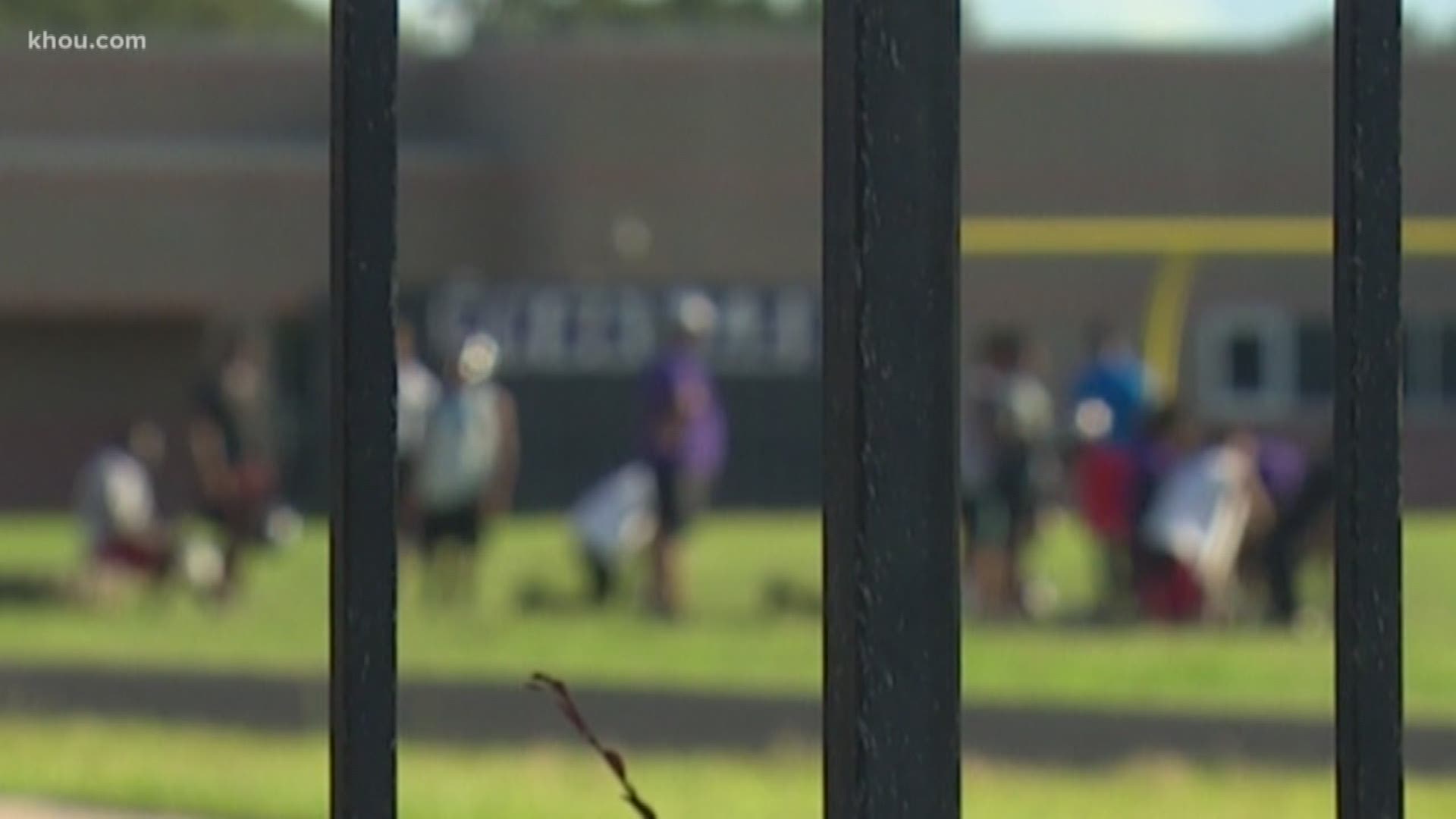HOUSTON — The success of a youth diversion program in a Sunnyside middle school led to the launch of something bigger on five campuses in Fifth Ward.
Last May, the city of Houston Health Department through My Brother’s Keeper started the first ever Youth Law Enforcement Assisted Diversion Program (LEAD) in the country.
It was culture shock, said Noel Pinnock, the director of Houston’s My Brother’s Keeper program and chief of Adolescent Health for the city. He said Attucks Middle School fed prosecutors over 40 student arrests, which was more than any other campus in Houston.
A year after LEAD launched, the group reported six arrests.
Police sent them to on-campus case managers who offered each student therapy and chances to work through problems with anger, drugs or gangs.
None went to jail or court.
“Every time you divert one child, we almost save thousands of dollars of kids being wrapped up in the justice system and parents who ultimately have to pay the price,” Pinnock said.
District Attorney Kim Ogg noticed. Campus crimes account for nearly half of all juvenile cases in Harris County.
So, Ogg’s office sent $200,000 to help Fifth Ward’s community redevelopers hire people to run a bigger program in five schools, including Wheatley High School and Fleming Middle School.
While the LEAD program handles only misdemeanors at Attucks Middle School, the Juvenile Justice Program in Fifth Ward will deal with all crimes except sexual assault and gun crimes.
Kathy Flanagan Payton’s expertise is finance. The redevelopment corporation she oversees as president and CEO mainly works to get new homes and business. She grew up nearby, knows crime is a hurdle and felt too many kids got in trouble at school, labeled and jailed before getting a second chance.
“They were not being offered all the benefits that some of the more affluent kids were being offered,” she said. “We felt like this was an opportunity through a diversion program to reduce the school-to-prison pipeline and really began to take handle on what’s troubling our youth and how do we wrap our arms around them and provide those wrap around services that really get to the root of the problem.
"A lot of it starts with the household.”
Pinnock said the process is hardly easy for all to accept.
“The first thing they want to do is get those kids off the campus,” he said. “Teachers are often times programmed that way. Administrators are often times programmed that way.”
In time, though, he and prosecutors are convinced cultures will change.
ALSO POPULAR ON KHOU.COM

